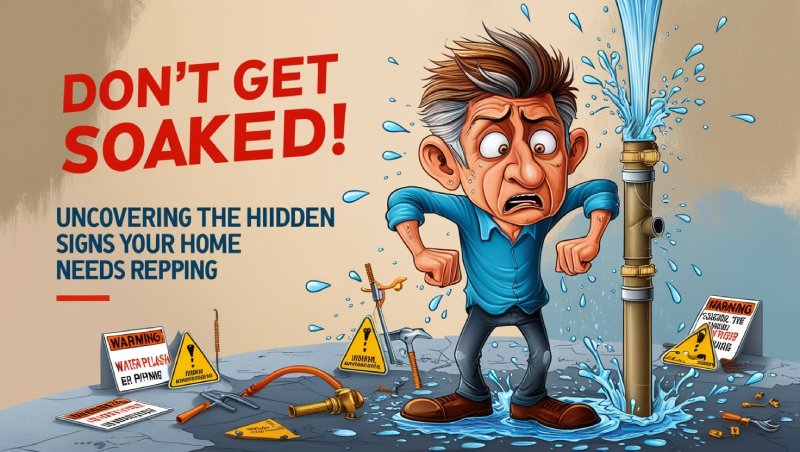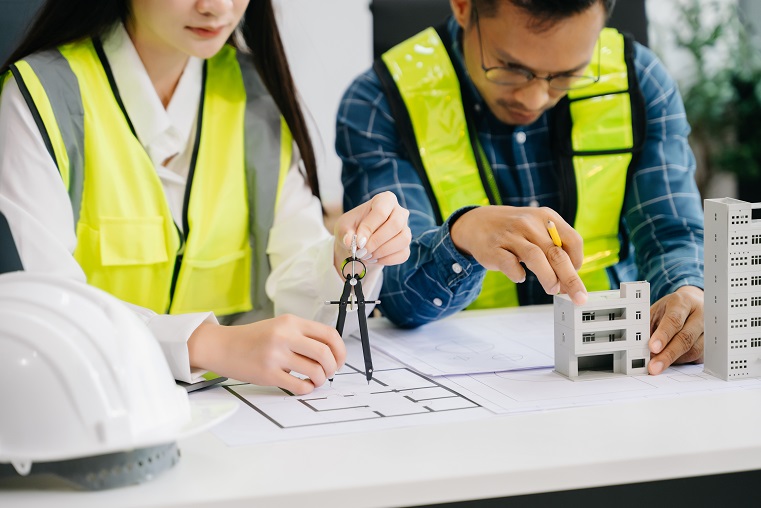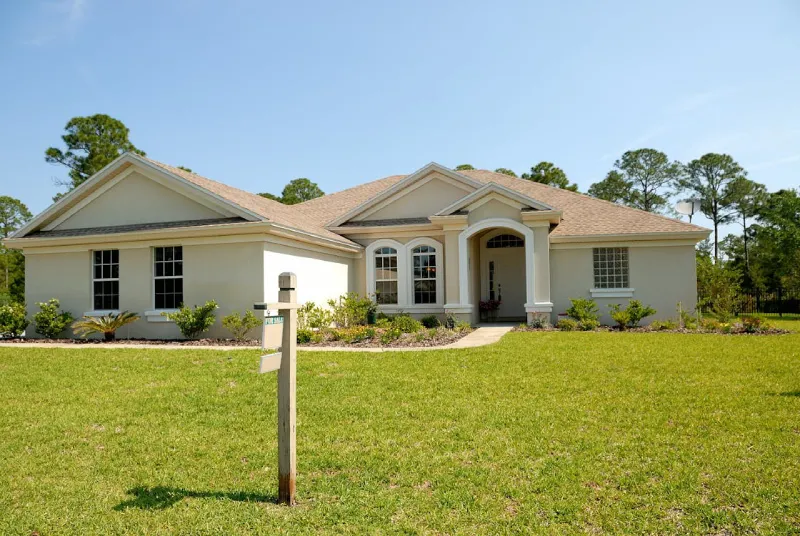Key Takeaways
- Understand common signs indicating the need for repiping.
- Learn about the potential consequences of ignoring these signs.
- Gain insight into the repiping process and its benefits.
Why Repiping Your Home Is Important
Repiping your home is crucial to ensure the longevity and safety of your plumbing system. Pipes may rust, corrode, or leak with time, resulting in mold growth, water damage, and health risks. Repiping replaces old, deteriorating pipes with new, durable materials, enhancing water quality and pressure while preventing costly repairs from unexpected bursts or leaks.
If you’re in the Grants Pass area, consider exploring home repiping Grants Pass for professional solutions and peace of mind. This proactive measure not only safeguards your home’s structural integrity but also improves its value and efficiency, providing peace of mind for homeowners and a more reliable water supply.
Signs That Your Home Might Need Repiping
If you identify your home’s repiping needs early on, you can save money on future costly repairs. These are a few typical signs:
- Discolored Water: Rust-colored or murky water can signify corroding pipes. Rust and other debris from deteriorating pipes can mix with your water supply, leading to not only unsightly but potentially harmful water quality issues.
- Low Water Pressure: A significant drop in water pressure could indicate a blockage or leak in the pipes. This is often caused by mineral deposits or other debris clogging the pipes, which can severely restrict water flow over time.
- Frequent Leaks: Regular leaks may suggest the entire plumbing system is deteriorating. Repeated leaks are a telltale sign that the pipes are rusting or have sustained repeated damage, making it challenging to maintain a sealed water system.
- Old Pipes: Homes with pipes over 50 years old are more prone to problems and may need repiping. Older piping materials, such as galvanized steel, are especially susceptible to corrosion, leading to leaks and poor water quality.
Consequences of Ignoring Pipe Issues
Neglecting signs of pipe deterioration can lead to severe consequences, including the contamination of drinking water with lead and other toxic materials, mold growth, and structural damage to homes. Older pipe materials, such as lead, can leach into water, posing health risks. Unidentified leaks can increase water bills and save resources, making it costly and environmentally sustainable. Proactively addressing pipe deterioration ensures optimal water quality and pressure while preventing extensive and expensive property damage.
The Repiping Process
Repiping an entire house might be intimidating, but the process is straightforward with the help of professional plumbers. Here’s an overview:
- Inspection: A thorough inspection will determine the condition of your plumbing system. Plumbers employ specialized equipment to find leaks, corrosion, and other problems that might not be apparent to the unaided eye.
- Planning: Plumbers will create a detailed plan to replace your old pipes with new, high-quality materials. This process entails determining the appropriate pipe type and designing the new plumbing plan to cause the slightest disturbance to your house.
- Installation: The old pipes are carefully removed, and new ones are installed, usually within a few days. Skilled plumbers ensure the new pipes are installed correctly and securely, guaranteeing a reliable water supply.
- Testing: Comprehensive testing ensures the new system is working perfectly. Plumbers run water through the system, check for leaks, and ensure that water pressure and quality meet the expected standards.
When done by professionals, this entire process is designed to be as seamless and efficient as possible. Proper planning and execution can minimize homeowners’ inconvenience and ensure that the new system functions optimally for years to come.
Benefits of Whole-House Repiping
Repiping offers numerous advantages, not just immediate fixes to plumbing issues. Some benefits include:
- Increased Water Pressure: New pipes ensure consistent and intense water pressure. This can make everyday tasks, such as showering and washing dishes, more efficient and pleasant.
- Cleaner Water: Modern piping materials improve water quality by reducing contaminants. Many contemporary materials resist corrosion and buildup, providing safer and better-tasting water.
- Reduced Risk of Leaks: High-quality, durable materials significantly decrease the likelihood of leaks. Investing in better piping materials can dramatically reduce the chances of water damage over the life of the pipes.
- Higher Home Value: An updated plumbing system can increase the value of your home. Potential buyers will value the fact that the home has been repiped, reducing their likelihood of facing plumbing issues shortly.
These benefits highlight why repiping is a valuable investment for homeowners. It’s about fixing immediate problems and ensuring the long-term reliability and efficiency of your home’s plumbing system.
What Homeowners Are Saying
Many homeowners have had positive experiences with repiping. Those who chose to repipe reported significant improvements in water quality and reliability. They often find that their water tastes better, has fewer contaminants, and no longer experiences the frustration of sudden leaks or drops in water pressure. Homeowners also appreciate the peace of mind of knowing their plumbing system is up-to-date and less likely to fail. Many report that the investment in repiping has paid off in terms of improved comfort and avoiding the higher costs associated with frequent repairs and water damage mitigation.




